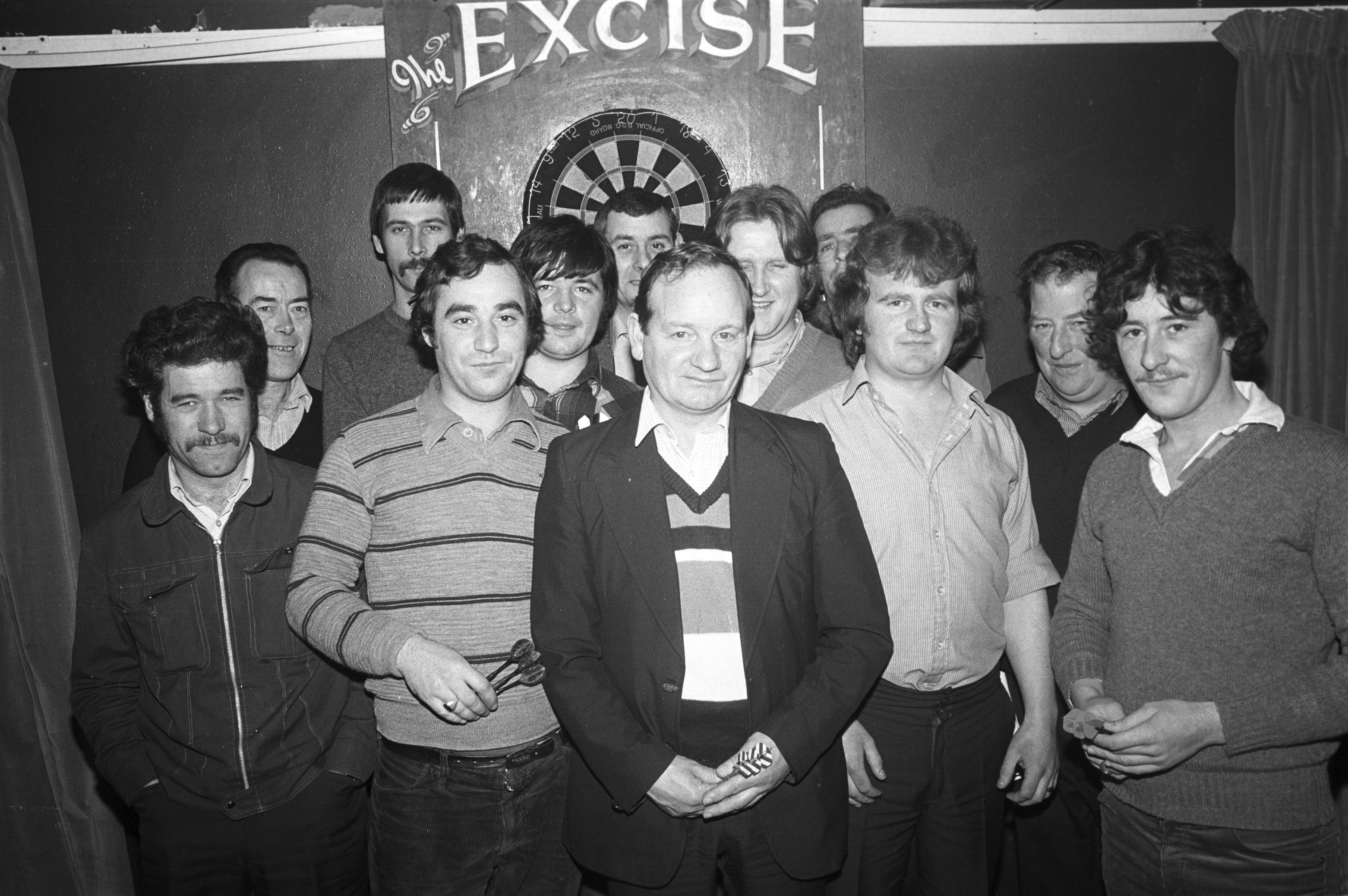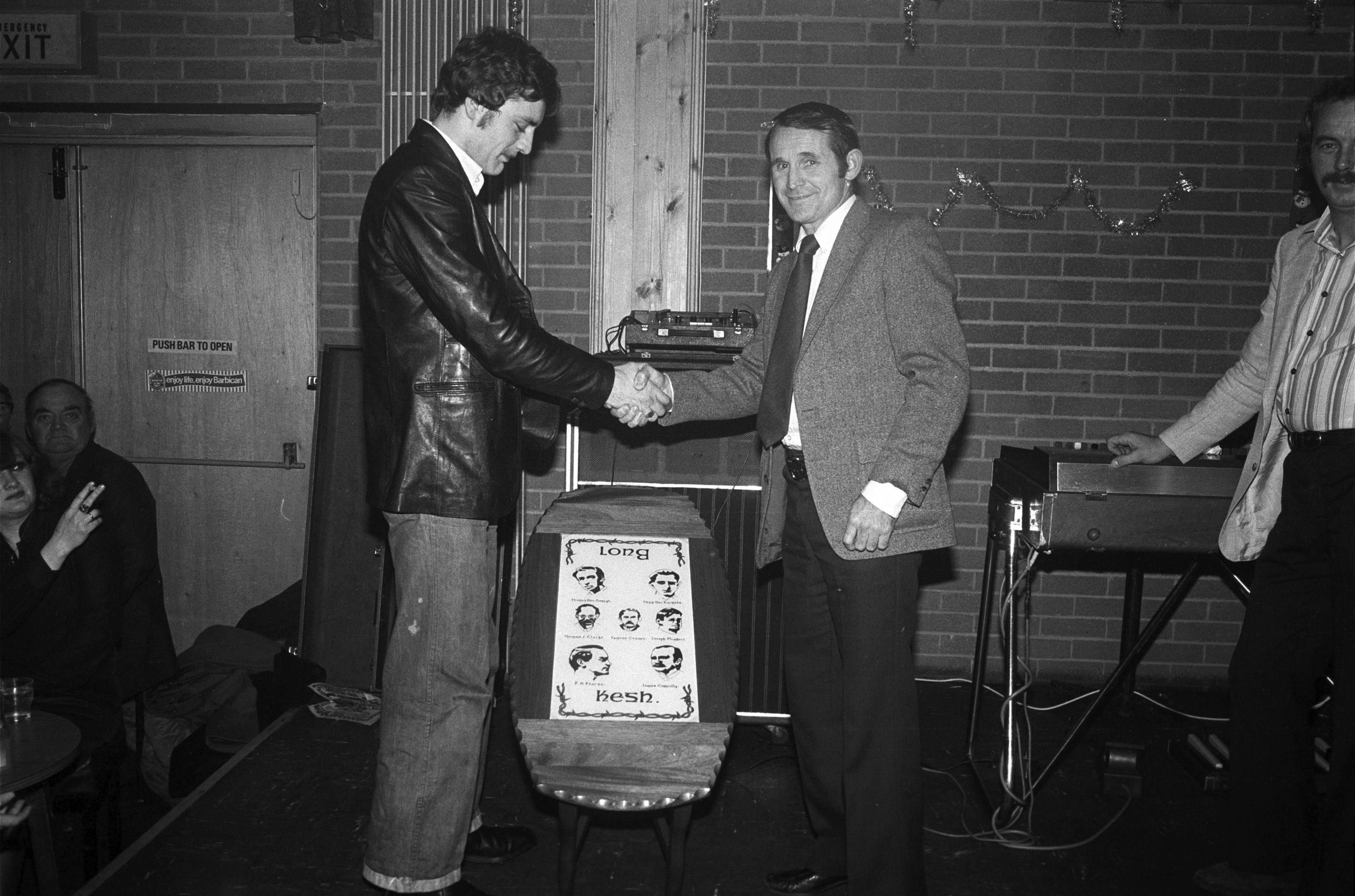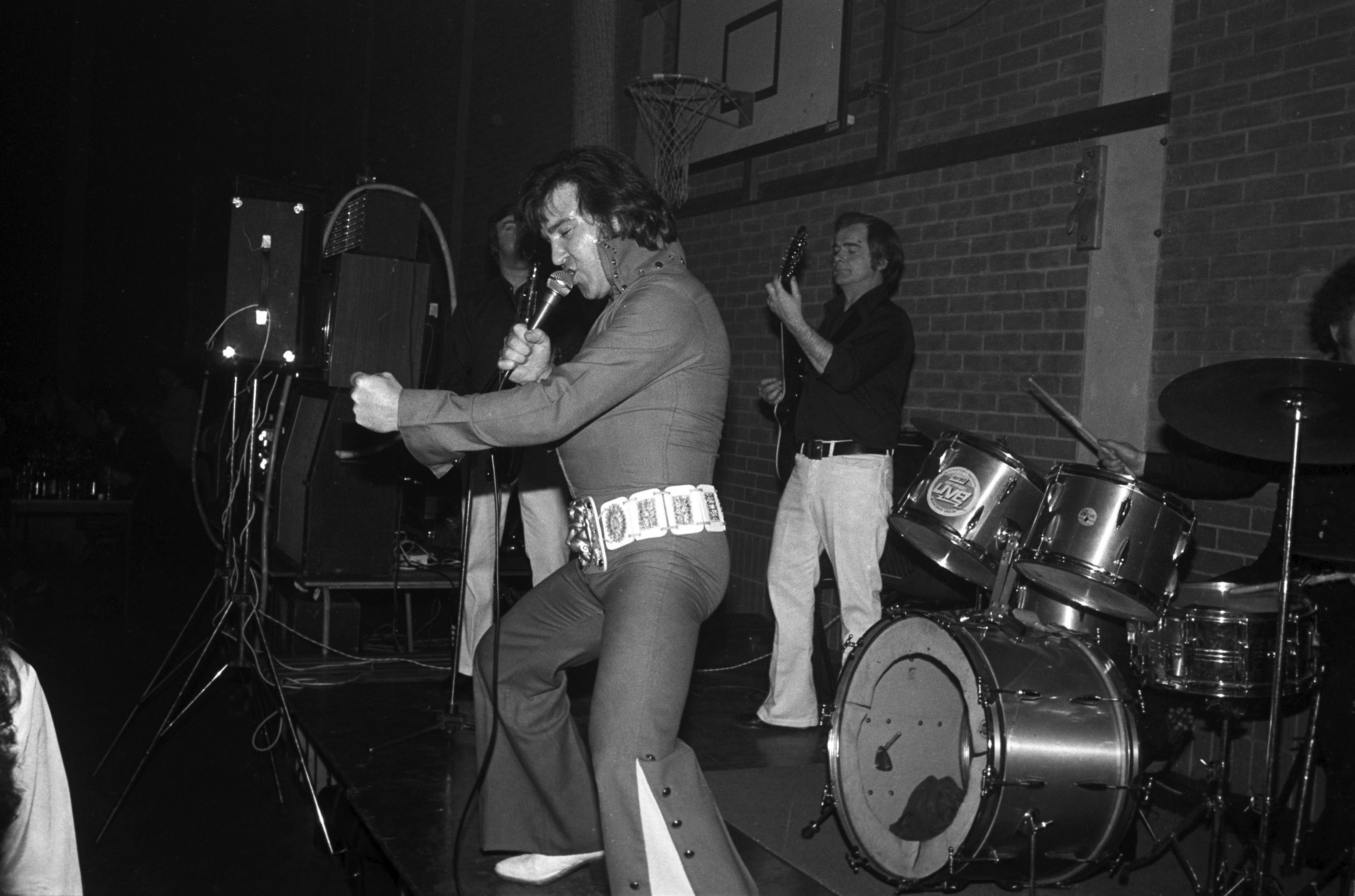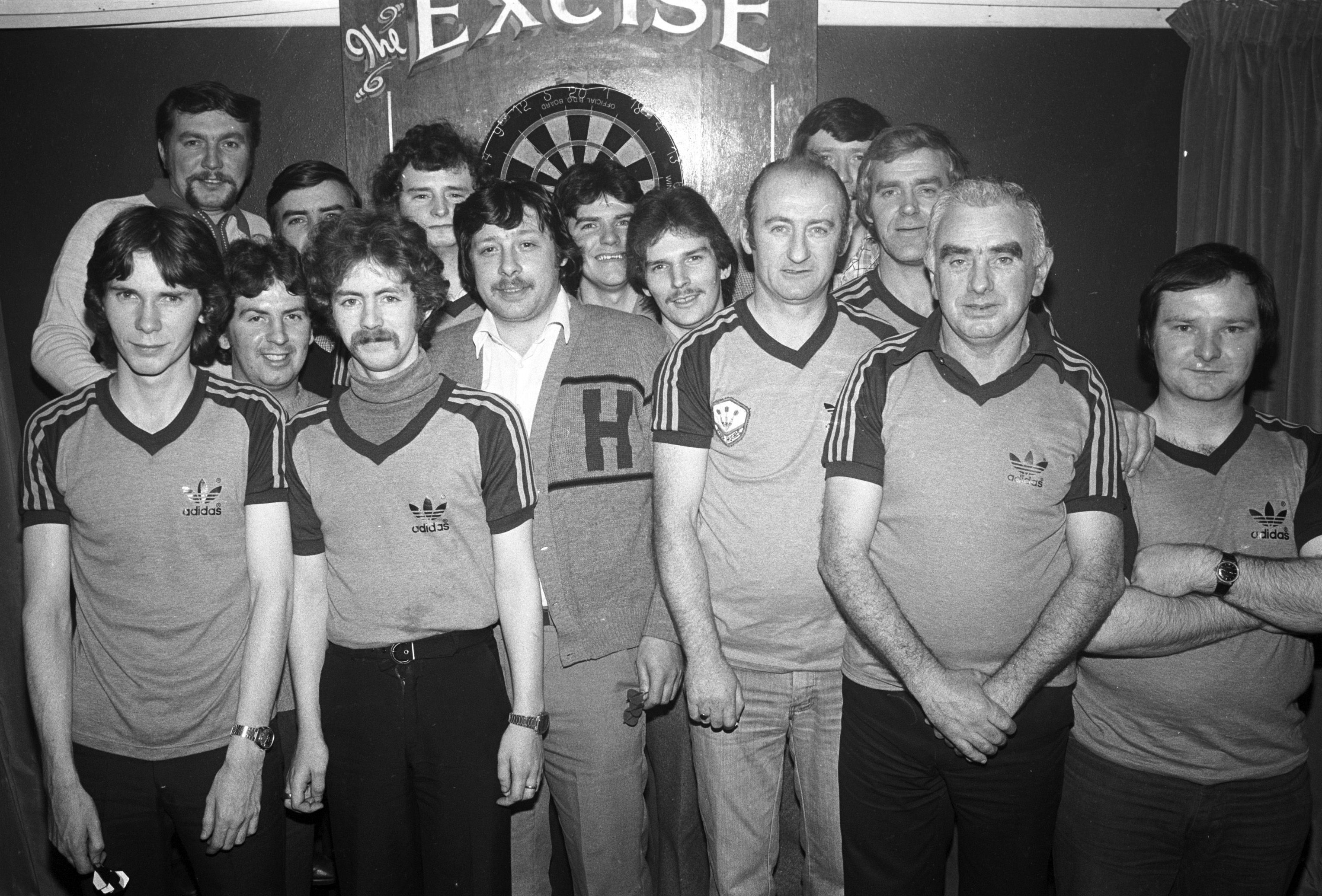We look back at the stories that were making the headlines in the Andersonstown News this week in 1981
Death fast is still on the cards
ANOTHER death fast in Long Kesh H-Blocks was narrowly averted last week, as prisoners’ frustration mounted over concessions to their five demands.
Reports reaching us from the H-Blocks tell of mounting anger at the prison governor’s refusal to implement even the first concession needed to end the dirty protest.
On the ending of the hunger strike, each prisoner received written communication that his cell would be cleaned out, and that each man would be issued with his own clothes to wear. Twenty men were selected by the prisoners’ OC Bobby Sands to begin this process. The prison governor then informed the prisoners that he would not let them wear their own clothes, and insisted that they wear clothes issued by the prison.
The men refused to do this and the ‘dirty’ protest continued. The men were so angry and frustrated that it was with great difficulty that they were persuaded to cancel another hunger strike to the death, which would have been aimed this time, specifically at achieving political status.
There is now some hope that a mixture of prison clothing and personal clothing may yet resolve this problem, and let the de-escalation of the dirty protest to start.
The women in Armagh already do wear their own clothes, but are continuing their protest because the prison governor there has refused to implement the no penal work concession which allowed educational pursuits to be counted as work.
People in close contact with the prisoners in Armagh and Long Kesh feel that the trouble in the prisons is far from over, and they believe that the British government has decided to make the implementation of the concessions as difficult as possible.
Turf Lodge Dart team at the Central Bar this week back in 1981
Editorial
IT is disturbing to hear from Long Kesh that no progress has been made towards the ending of the blanket protest.
After four long years and a hunger strike that very nearly ended in the death of a number of prisoners, one would have thought that the British Government would have been happy to bring some sort of normalcy to the prison situation here.
Yet the opposite seems to be the case. By calling off their hunger strike the prisoners showed their willingness to abandon their protest if they were granted some recognition as special prisoners. The five demands were a means of gaining that recognition.
And the British Government admitted this by presenting the prisoners with the thirty-page document explaining the concession they were prepared to make.
The prisoners have acted throughout with dignity and resolution, as have the thousands of protestors on the streets outside the prisons.
The British Government, on the other hand, having succeeded in getting themselves off the hook before Christmas, would now appear to be intent on making the prisoners grovel for every concession one after another. This may be a deliberate attempt at face-saving, and if so, the prisoners can afford to wait some time before taking any action. If, on the other hand, this bloody-mindedness of the British should prevent the ending of the dirty protest and the suffering of the prisoners, the people of Ireland will have to be mobilised once again to come to their aid.
If this should become necessary (and we pray to God it will not) then we hope that the whole process of criminalisation will be tackled, and not just its results. Let us not forget that for a very large number of prisoners, prison clothes or any other issues wouldn’t be an issue if it hadn’t been for brutal interrogation, forced confessions, Diplock courts and compliant judges, who will enforce any law, however unjust, to accommodate Her Imperial Majesty and Parliament at Westminster.
It has been suggested by one historian that not one decade has passed, since the year 1600, that has not seen some Irishmen in an English jail because of his stand for Irish self-determination. Under such circumstances, it is not enough to campaign for an amelioration of prison conditions in this decade alone. It is not concessions we are loooking for, but rather for our right to self-determination.
Mr Hanna wins a table made in Long Kesh. Jim Nelson, St Paul's GAC and Antrim County Hurling Board, shakes his hand
The case of Martin Meehan
BELFAST has witnessed a summer which brought thousands onto the streets in solidarity with Martin Meehan and Seamus Mullan, when both men were dying on hunger strike.
We, and indeed the whole world, have seen an autumn and winter when thousands have demonstrated in support of the H-Block and Armagh hunger strikers.
The issues involved, the demands of Meehan, of Mullan, and of the Armagh women, are three separate issues, and as such they ought not to be confused. Nevertheless, they are identical in that common to all of them is a demand for justice to be done, for common to all of them is their persecution by an administration antagonistic to their ideals, and which represses those ideals through its police, its courts and ultimately, its prison regime.
Next Tuesday, in the Court of Appeal, that trial [Meehan] is to be reviewed. A great many people, including lawyers of international repute, and no doubt also the many thousands who took action on his behalf, will be watching, and waiting to see if Meehan is to be exonerated. – Benedict Flynn
ALL SHOOK-UP: Frank 'Elvis' Chisum at the Elvis evening at Beechmount Leisure Centre 





